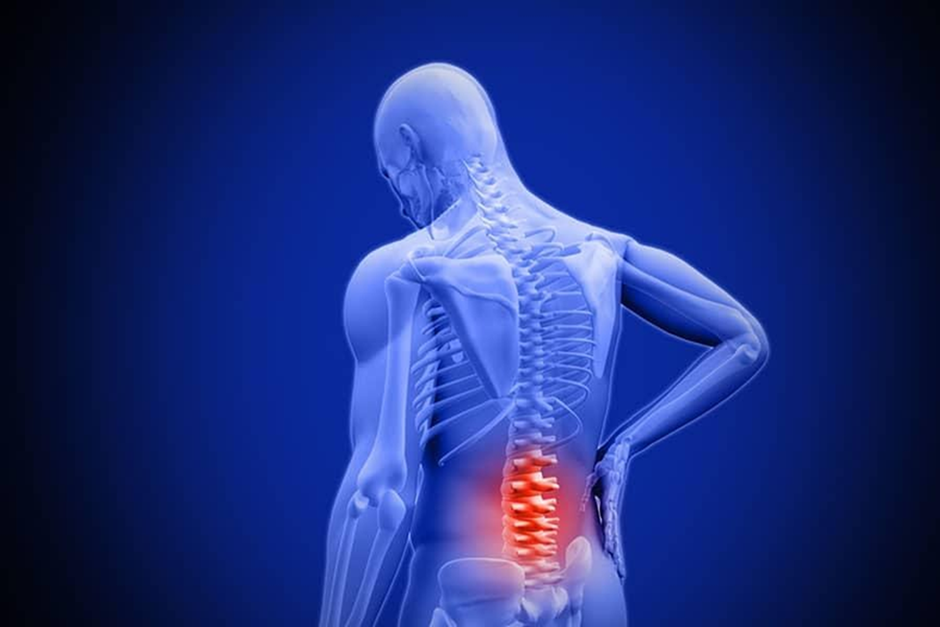Dental health is indeed a linchpin in the intricate machinery of our overall well-being. Often overlooked in the broader health conversation, the state of our teeth and gums can be a telling indicator of our body’s general condition. In Santa Maria, as in any community, the ripple effects of oral health touch every aspect of life, from the vibrancy of a child’s laugh to the confidence in an adult’s smile.
Consider Santa Maria’s bustling streets and playgrounds, where children run and play, unaware that the sodas and sweets they often enjoy can be the very things that compromise their pearly whites. It’s in these everyday moments that bad oral habits begin to take root, potentially leading to a cascade of health issues.
Cavities and gum disease might seem like mere nuisances, but they can be harbingers of more sinister health concerns. In Santa Maria, the local health community is increasingly aware that issues like heart disease, stroke, and diabetes can have a dental origin.
Santa Maria’s health professionals understand that taking care of one’s oral health transcends the avoidance of bad breath or the pursuit of a gleaming smile.
It’s about safeguarding the heart that beats in one’s chest, the brain that buzzes with dreams and ideas, and the body that carries one through the vibrant fields and wineries that make Santa Maria a place of growth and vitality.
So, taking care of your teeth and gums by getting in touch with Professional dental services in Santa Maria is crucial. Even though good oral health is essential, only 64.6% of people reported going to the dentist in California.
Table of Contents
Best Practices For Healthy Teeth
Here are some of the best tips and tricks to maintain your dental health.
- Regular Dental Check-ups
One of the most proactive steps towards healthy teeth is regular dental check-ups. A bi-annual visit to your dentist can make a significant difference. Why?
These visits aren’t just about cleaning your teeth; they’re about prevention and early detection. Dentists can spot potential issues, like cavities or gum diseases, way before they become painful or expensive problems.
- Proper Brushing Technique
Brushing your teeth seems straightforward, but many people might be doing it wrong. Brushing your teeth isn’t just about frequency but also about technique. To achieve optimal cleanliness, hold your toothbrush at a 45-degree angle to your gums. Use short, gentle strokes, paying special attention to the gumline and hard-to-reach back teeth.
- Flossing Daily
While brushing is vital, it doesn’t remove the tiny food particles lodged between your teeth. However, that issue can be solved with flossing. Flossing daily is essential to prevent gum disease and tooth decay. It takes care of the 40% of your tooth surfaces that brushing can’t reach.
If you’re not flossing, you’re leaving a significant portion of your mouth vulnerable to bacteria build-up, which can lead to cavities and gum disease. For the best results, gently slide the floss between your teeth and form a “C” shape against one tooth, then the other, to ensure you’re cleaning every nook.
- Balanced Diet for Dental Health
Your diet plays a vital role in the health of your teeth. Foods rich in calcium, like milk and cheese, can strengthen your teeth. Crunchy fruits and vegetables, like apples and carrots, can act as natural toothbrushes, scrubbing away plaque as you chew.
On the other hand, frequently consuming sugary and acidic foods can erode your tooth enamel over time. Since enamel doesn’t grow back, once it’s gone, it leaves your teeth vulnerable to decay. Moderation is key; it’s okay to enjoy sugary treats now and then, but not every day.
- Fluoridated Toothpaste and Water
Fluoride is a natural mineral that strengthens tooth enamel and reduces the likelihood of decay. Using toothpaste that contains fluoride can protect your teeth daily. In many places, tap water is also fluoridated, offering additional protection.
Drinking fluoridated water and brushing with fluoride toothpaste can act as a shield against tooth decay.
- Regular Tongue Cleaning
Your tongue is more than just a tool for tasting and speaking; it can also harbor bacteria. These bacteria can lead to bad breath and negatively affect your dental health.
Using a tongue scraper or just your toothbrush, gently clean the surface of your tongue every day. It’s a simple step that can help keep your breath fresh and reduce harmful bacteria in your mouth.
- Limiting Sugary and Acidic Foods
As mentioned earlier, sugary and acidic foods can harm your teeth. But how exactly? When you eat sugary foods, the bacteria in your mouth feed on the sugar. This process produces acids that can eat away at your tooth enamel.
Over time, this can lead to cavities. Acidic foods and drinks, like citrus fruits or sodas, can also wear down enamel. The key is balance. It’s okay to enjoy these foods in moderation. After consuming them, wait an hour before brushing to allow saliva to neutralize the acid, and drink water to wash away the residue.
- Using a Mouth Guard for Physical Activities
If you’re into sports or physical activities, a mouth guard can be your teeth’s best friend. A direct hit to the face can crack, break, or knock out a tooth. Mouth guards act as a cushion, reducing the risk of severe dental injuries.
They’re not just for contact sports like football or hockey. Even activities like skateboarding or mountain biking can pose a risk to your teeth. Investing in a good quality mouthguard and wearing it during these activities can save you pain and money in the long run.
- Avoiding Tobacco Products
Tobacco and oral health don’t mix. Whether you smoke or chew, tobacco products can stain your teeth and give you bad breath. But that’s just the start. They can also lead to gum disease, weaken your immune system, and slow down healing after dental procedures.
The most alarming concern is that tobacco use significantly increases the risk of oral cancer. So, the best choice for your dental health and overall health is to stay away from tobacco products.
- Drinking Plenty of Water
Water is essential for our bodies, and it plays a vital role in our dental health. Drinking water helps to wash away food particles and keeps our mouths clean. After consuming acidic or sugary foods, drinking water can help neutralize the acids.
Conclusion
Your teeth are more than just tools for eating; they play a vital role in your overall health and well-being. From regular check-ups and proper brushing to avoiding tobacco and staying hydrated, each step is essential.
Taking these steps can reduce the chances of dental problems and ensure a bright and healthy smile for years to come.


 Home
Home









